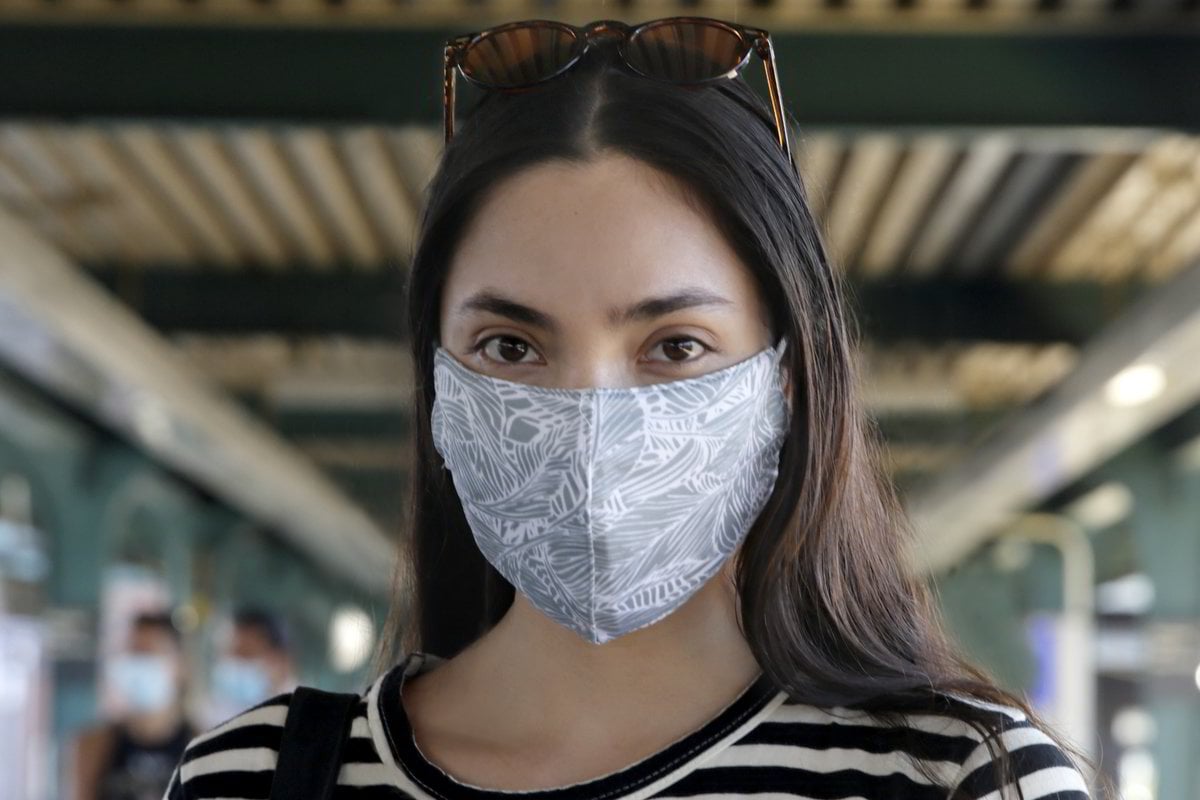
Hands up if you're over it.
Life as we knew it is but a distant memory and we are frankly, just really damn sick of this pandemic.
2020 started off terribly from the get go, with Australia's catastrophic bushfires and that time Iran and the US nearly started WWIII (remember that? It really seems like at least a decade ago).
How to talk to people with anxiety. Post continues below video.
But the overwhelming story - the one to impact every bloody part of our lives - has been the global pandemic. Yes, I know, that really went without saying.
For most of us, COVID-19 will be the biggest, most dominant news stories of our lives. Well, fingers crossed there's nothing worse. Surely there can't be anything worse.
Since February, COVID has been an inescapable topic. The months since have been full of lockdowns, daily press conferences, and social distancing restrictions.
If you've found yourself feeling less and less 'okay' in the last couple of months, you're not alone. And it turns out there is a very relevant psychological reason this is the case.
I would like to introduce all of our despondent, fatigued brains to 'surge capacity'.
In an article on Medium, science journalist Tara Haelle described surge capacity as "a collection of adaptive systems — mental and physical — that humans draw on for short-term survival in acutely stressful situations, such as natural disasters".
